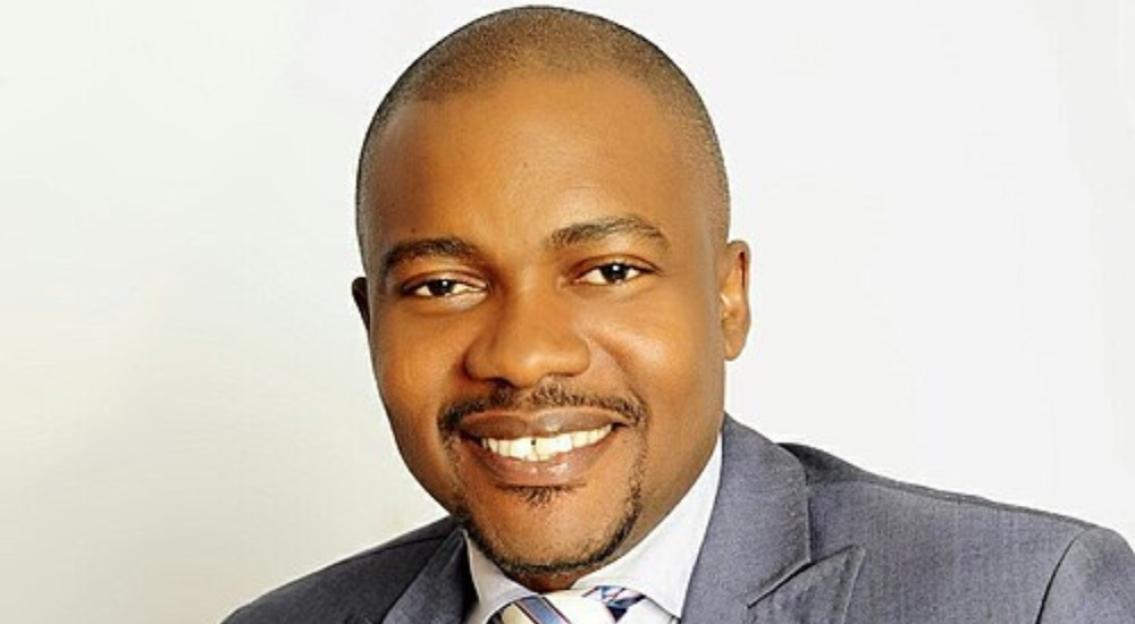Table of Contents
- Letter to the World Medical Association
- Background of Nnamdi Kanu's Case
- Medical Treatment in Kenya
- Medical Treatment in Nigeria
- The Role of Independent Physicians
- Danger of Tinnitus and Sleep Deprivation
- NMA Medical Assessment of 22 September 2025
- Call to Action
The legal team representing Nnamdi Kanu, the detained leader of the Indigenous People of Biafra (IPOB), has reached out to the World Medical Association (WMA) concerning the worsening health condition of the activist, who is currently held by the Department of State Services (DSS).
The correspondence, dated October 3, 2025, was sent by the law firm of Bruce Fein based in Washington D.C., and addressed to Dr. Jacqueline Kitulu, the President of the WMA.
Included in the correspondence were copies sent to the Registrar of the Federal High Court in Abuja, the Director General of the DSS, the Nigeria Medical and Dental Council, and the President of the Nigeria Medical Association (NMA).
The letter stated that Kanu has been deprived of adequate medical care for four years, following his arrest in Kenya and subsequent extradition to Nigeria in 2021. It emphasized that the IPOB leader is currently facing life-threatening health issues resulting from his prolonged solitary confinement.
The letter urged the WMA to investigate claims of the manipulation of Kanu’s medical records by the DSS.
Excerpts from the letter state: “I represent Biafran leader Mazi Nnamdi Kanu, who hails from a nation with a population exceeding 70 million. He has been held in solitary confinement within a Nigerian facility for over four years without trial. He was forcibly taken and tortured in Nairobi, Kenya, in June 2021. Both Kenyan and Nigerian authorities have been identified as perpetrators of these violations, as per a July 2022 report from the United Nations Working Group on Arbitrary Detention. Mazi Nnamdi Kanu has been denied essential medical care by Nigerian authorities for serious health conditions caused by the actions of the Kenyan and Nigerian governments. This deprivation has now escalated to a life-threatening level as detailed below.
“Mazi Nnamdi Kanu requests the WMA to intervene with the NMA, warning of potential suspension from the WMA for unethical practices regarding Mr. Kanu unless his medical care is provided promptly and meets the highest professional standards, ensuring that his critical care providers are free from intimidation, harassment, or prosecution.
“Among other requests, we urge the WMA to take the following actions, either directly or through the NMA:
Investigate and address the manipulation of Mazi Nnamdi Kanu’s medical records while in DSS custody.
Protect independent medical practitioners from retaliation for offering medical care to Mazi Nnamdi Kanu, particularly Emeritus Professor Martin Aghaji, whose intervention has been crucial for his survival.
Ensure the immediate release of the NMA medical team’s report dated September 22, 2025, which the Federal High Court of Nigeria has mandated to be submitted within four days.
Acknowledge and respond to the severe risks associated with untreated conditions, especially tinnitus-induced sleep deprivation, which continues to threaten Mazi Nnamdi Kanu’s life.”
Providing context for Kanu’s situation, the letter included a detailed account of how the IPOB leader was arrested in Kenya, repatriated to Nigeria, and subsequently detained by the DSS.
The letter stated: “The following is the uncontested testimony of Mazi Nnamdi Kanu (MNK), supported by the United Nations Working Group on Arbitrary Detention, which has called for his immediate and unconditional release by the Nigerian Government. Upon his arrival at Jomo Kenyatta International Airport in Nairobi in June 2021, MNK was forcibly abducted by masked operatives, mistreated, and taken into custody. For eight days, MNK was chained to a wall in a dark, windowless room.
“On the first day, MNK suffered a head injury when it was struck against the edge of a car door, leading to a bleeding wound on his clothing. The pain was intense, his vision became blurred, and he quickly felt dizzy. For the initial five days, MNK was denied basic necessities: no food, no water, and none of his prescribed medications. This deprivation nearly suffocated MNK, causing severe breathing difficulties and extreme weakness.
“On the fifth day, when his health began to decline, a doctor was called. His blood pressure was critically high. MNK received a 40mg dosage of Amlodipine along with an unknown red liquid. Shortly after, a cardiologist conducted an ECG examination, but the results were never shared with MNK, who was treated as an object rather than a patient, with strict orders given to the doctors not to explain or communicate with him. From the evening of the fifth day until MNK’s forced extradition from Nairobi to Abuja on the eighth day, he was compelled to take 40mg of Amlodipine daily, an unidentified white tablet, and an unmarked gel-like substance.
“MNK's treatment in Kenya was characterized by brutality, secrecy, and denial of basic medical rights, leaving him severely weakened by the time of his unlawful transfer to Nigeria.
“Upon arrival at the Nigeria Intelligence Agency (NIA) facility in Abuja, MNK was immediately prescribed 10mg of Amlodipine and a diuretic. His condition showed no improvement.
“Shortly thereafter, MNK was transferred to the DSS detention facility. Blood tests revealed a life-threatening potassium deficiency, with his levels dropping to a critical 1.9 mmol/L. MNK was then put on potassium supplements, Amlodipine 10mg/Valsartan 160mg, Eplerenone 50mg, and Bisoprolol 5mg (later increased to 10mg). Whenever potassium supplements were discontinued, MNK's levels plummeted back to dangerously low ranges. At one point, the DSS sent MNK’s blood samples to South Africa for testing, confirming severe potassium depletion without providing an explanation for its cause. Instead of investigating the potassium deficiency, the DSS dismissed the honest physician who recommended further examinations and replaced him with Dr. Nasiru Mohammed.”







